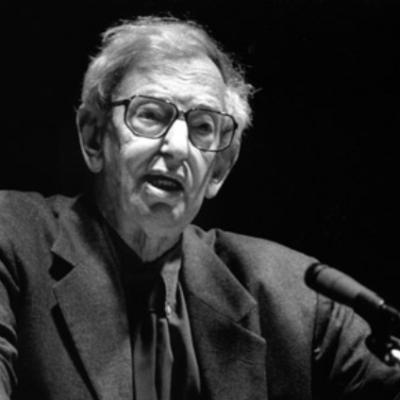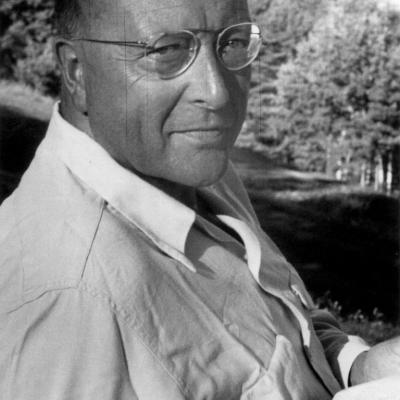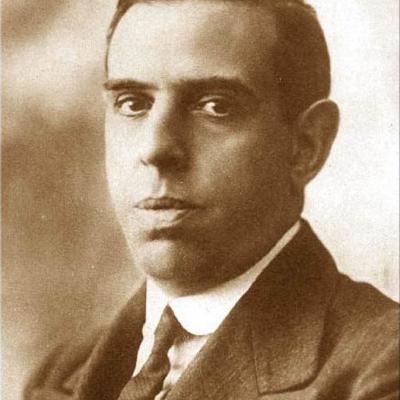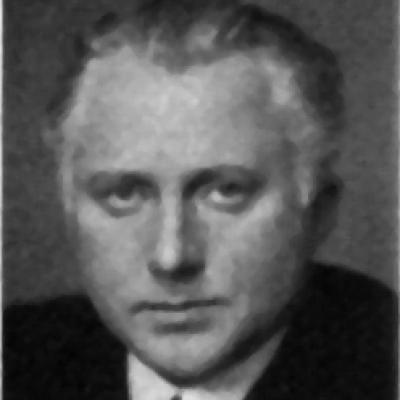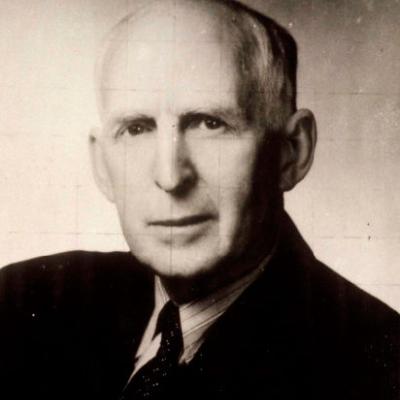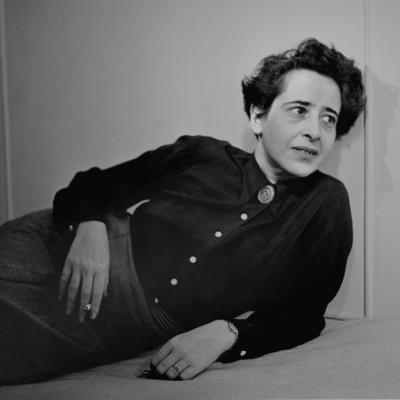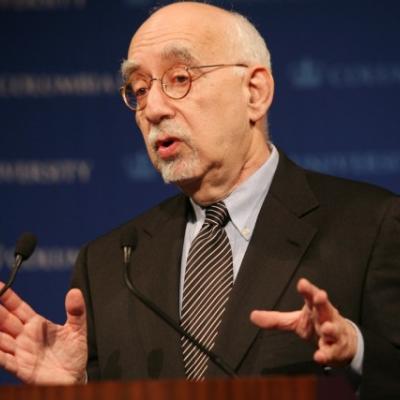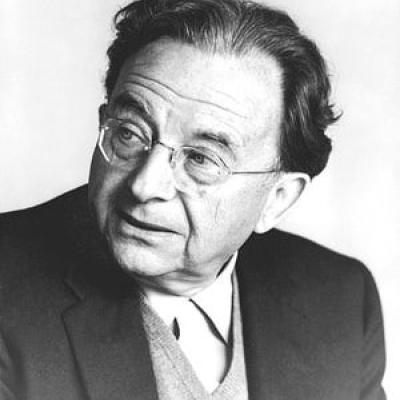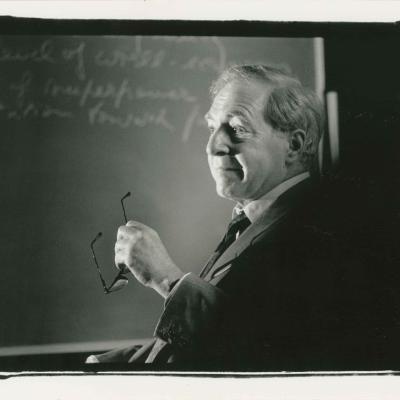Category: Politics
Eric Hobsbawm
Eric Hobsbawm was a British Marxist Historian who taught at the New School of Social Research.
If you’d like to write a more in-depth profile of Eric Hobsbawm, email us at archivist@newschool.edu. We welcome contributions.
A Nation by Design: Immigration Policy in the Fashioning of America
A nation of immigrants, to be sure, but not just any immigrants. From the moment they managed their own affairs, well before political independence, Americans were determined to select who might join them, and they have remained so ever since.
In Search of Popular Culture: The 60s Legacy
Sondra Farganis, chairwoman of the social sciences at the New School for Social Research in New York City, supports the importance of popular culture as a course of study. She also believes it belongs in the sociology or history departments.
The Advent of Direct Government
The Federal Constitution is in many other respects besides its amending clause a most unsatisfactory instrument for a courageous and thoroughgoing democracy.
Goliath—The March of Fascism
There is no Italian Race. Many bloods are intermingled in the population crowded between the ridge of the Alps and the shore of the African sea. Even the geographical concept of Italy is fairly recent.
The Present Human Condition
Man's character has been molded by the demands of the world he has built with his own hands. In the eighteenth and nineteenth centuries, the social character of the middle class showed strong exploitative and hoarding traits.
A Special Supplement: Reflections on Violence
No one concerned with history and politics can remain unaware of the enormous role violence has always played in human affairs; and it is at first glance rather surprising that violence has so seldom been singled out for special consideration.
The Great Awakening
I started working in The New School Archives as an assistant on the audio collections of the school.
Hans Simons
Hans Simons may best be known as a successful president of the New School rather than as a scholar. But his scholarly and administrative work in politics was typical of many of the refugee scholars who formed the University in Exile.
Giuseppe Borgese
Giuseppe Antonio Borgese was born in Polizzi Generosa, Palermo, on November 12, 1882 and died on December 4, 1952. He was initially drawn to the school of philosophical idealism headed by Benedetto Croce.
Sondra Farganis
“Breaking the rules, taking risks comes at a price,” says Sondra Farganis, Director Emeritus of both the Vera List Center for Art and Politics (VLC) and the Wolfson Center for National Affairs at the New School (WC).
Hans Staudinger
Hans Staudinger was a Professor of Economics at the New School for Social Research. You can read more about him here.
Charles Beard
Charles Austin Beard (b. November 27, 1874–September 1, 1948) was an influential American historian, political scientist, and one of the foremost voices in progressive historiography. Beard was also a founding member of the New School for Social Research.
Hannah Arendt
Many at The New School would agree that it is difficult to graduate from the university without hearing the name Hannah Arendt.
Ira Katznelson
Ira Katznelson taught politics at The New School from 1983 until 1994. You can read more about him here.
Erich Fromm
Erich Fromm was a German-American social psychologist and psychoanalyst, who was associated with the Frankfurt School of critical theory. His work challenged the theories of Sigmund Freud, [1] and brought psychoanalysis to bear on sociological and political questions.
Our Secularized Civilization
Unqualified optimism on the present state or future prospect of religion in modern civilization can emanate only from a very superficial analysis of modern life.
On the Costs, Utilities and Simple Joys of Voting
A widely accepted “picture” equation of the voting calculus, originated by Downs’ is R = PB – C where R is reward; B is the perceived differential in benefits offered the voter by the two parties; P is the probability that his vote will bring about the favored party’s victory; and C r
6 Cardinal Virtues of a Nazi: A New Type of Man
In briefly outlining the educational program of Hitler, it is not our intention to take issue with that program as such. The reader is merely to get an idea what kind of values and virtues Hitler deemed the most desirable in a young German.
The Prophet of the Powerless
“Where does one begin thinking about manifestos?” wondered Tom Hayden in the spring of 1962. The existing political groups scarcely offered food for thought. “The socialistic parties are in a shambles,” he write, “the working class etc.
Democracy versus the Melting Pot
It was, I think, an eminent lawyer who, backed by a ripe experience of inequalities before the law, pronounced our Declaration of Independence to be a collection of “glittering generalities.” Yet it cannot be that the implied slur was deserved.
The Intellectual Origins of Fascism
The first and second rules of reasoning, as formulated by Newton and repeated by popular physicists down to the present, read as follows: “We are to admit no more causes of natural things than such as are both true and sufficient to explain their appearance. . . .
History, Agency and Political Change
Many political scientists have turned to historical research as means of clarifying the constraints shaping contemporary political action.
Behavioral Support for Opinion Change
Although attitudes are commonly conceived to be tendencies to specific types of action, the relationship between attitude change and subsequent behavior has been investigated in only a few research studies.
Reflections on Violence
French Colonial Policy
France, the nation having the second largest colonial empire in the world, is the country bearing the largest responsibility in Africa.
Aristide Zolberg
New School professor Aristide R. Zolberg, one of the world’s leading voices on the politics, history, and ethics of immigration, (…) served as Walter A. Eberstadt Professor of Politics and University in Exile Professor Emeritus at The New School for Social Research.
